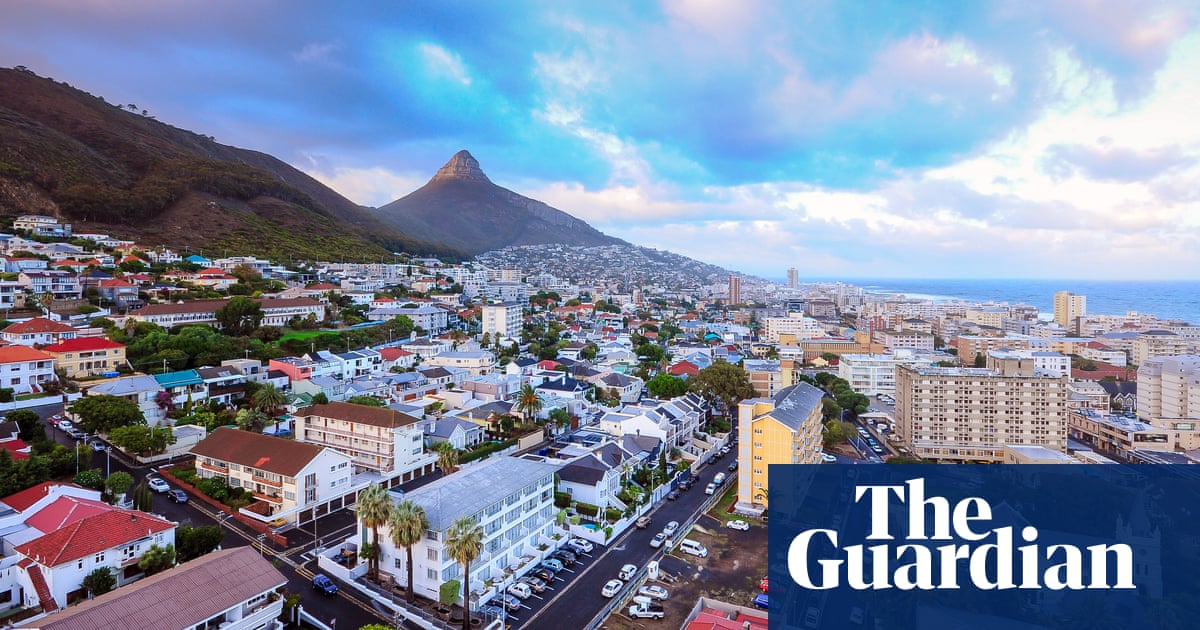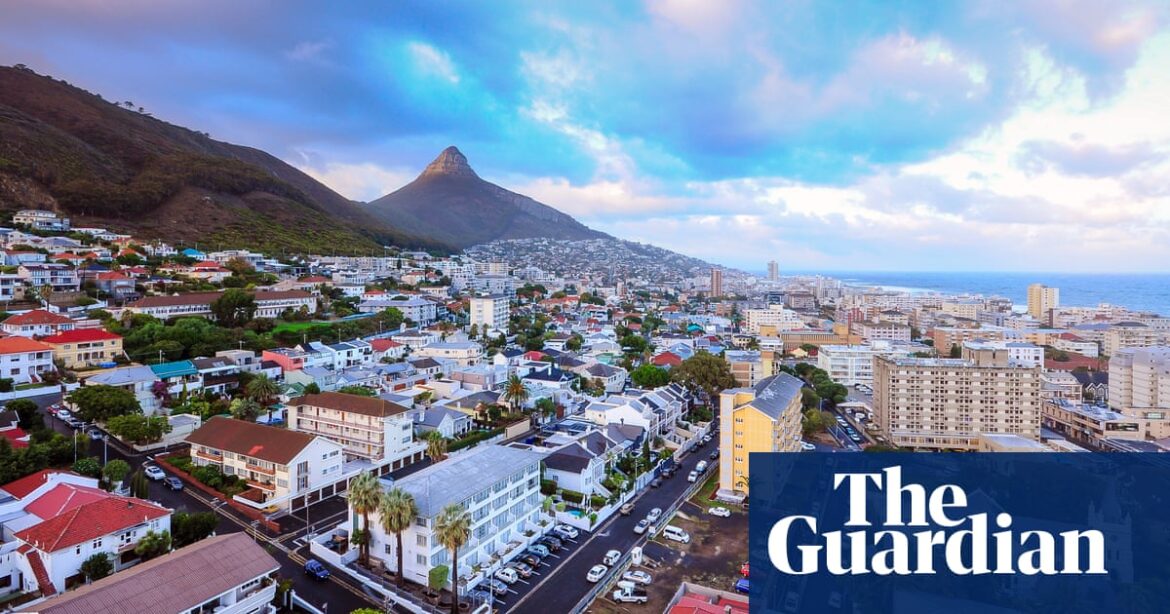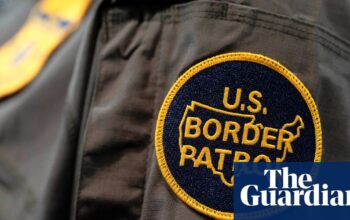
Officials in Cape Town are currently conducting an inquiry following reports of a noxious odor that permeated the city in South Africa.
Before the source of the odor was identified, authorities examined sewage systems for any potential leaks and mobilized an environmental health group. It was determined that the foul smell was coming from a vessel in the harbor that was transporting 19,000 live cattle from Brazil to Iraq.
According to Zahid Badroodien, the individual responsible for water and sanitation in the mayor’s office, an announcement was made on social media stating that the cattle ship is the cause of the pervasive sewage odor in certain areas of the city.
Animal rights organizations stated that the overwhelming odor was a clear indication of the harsh conditions that the animals endured on the ship, and denounced the practice of live animal exports.
The SPCA’s National Council strongly disagrees with the practice of exporting live animals by sea. They have also dispatched a veterinary consultant to evaluate the well-being of the animals on board the ship.
The SPCA stated that the odor is a sign of the terrible circumstances the animals suffer from. They have been on board for two-and-a-half weeks and have been exposed to feces and ammonia, causing a strong stench. The smell is beyond imagination, but the animals have to endure it every day.
According to the Marine Traffic website, the Al Kuwait is a livestock vessel with a length of 190 metres (623ft) and a Kuwaiti flag. The vessel arrived in Cape Town to load feed for the cattle, as reported by the SPCA.
The Democratic Alliance, the ruling party in Cape Town, South Africa, has also denounced the transportation of live cattle.
“The party stated that the act of live export poses serious risks for animals, including exposure to high levels of ammonia, rough sea conditions, extreme heat stress, injuries, unsanitary environments, exhaustion, and potential death.”
In the beginning of the month, a vessel transporting over 16,000 livestock to the Middle East was forced to turn back to Australia after being stuck at sea for almost a month due to assaults by Houthi rebels in the Red Sea. The Australian government denied a request to attempt to re-export the animals through a longer route that would pass through South Africa, citing concerns about the safety and well-being of the livestock during the journey to their final destination overseas.
Badroodien stated that the departure of the ship was imminent.
Source: theguardian.com



